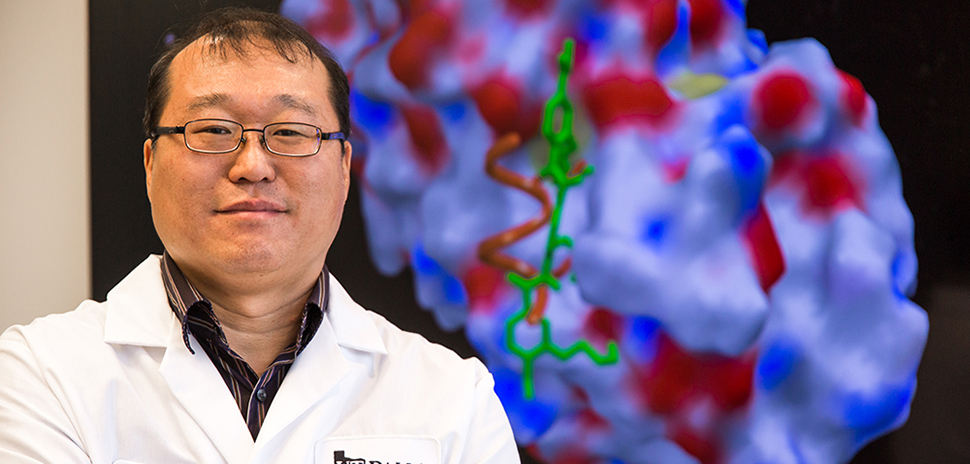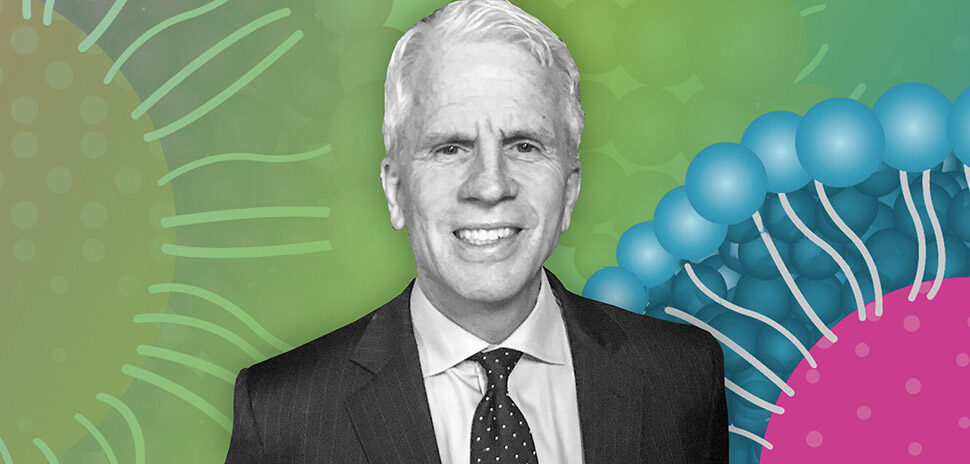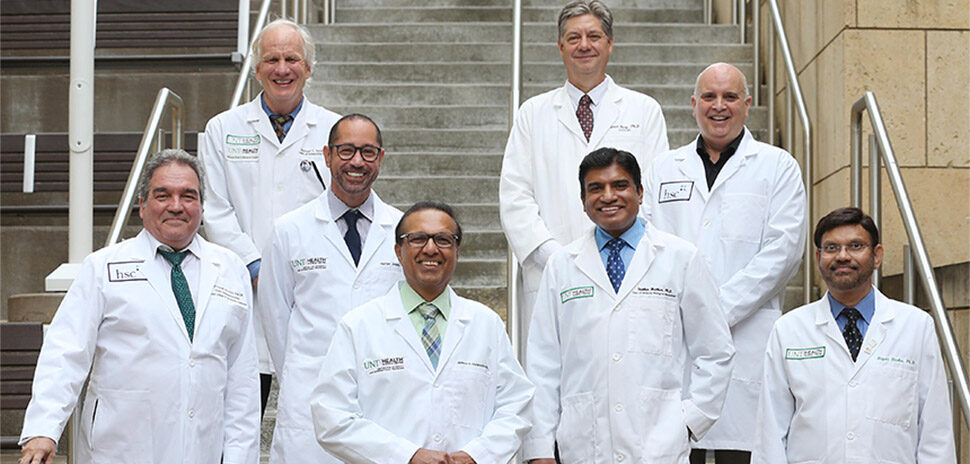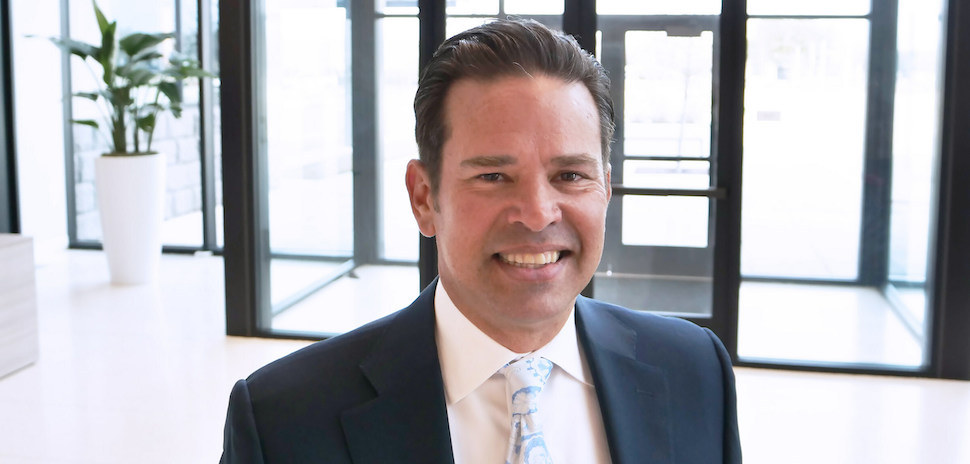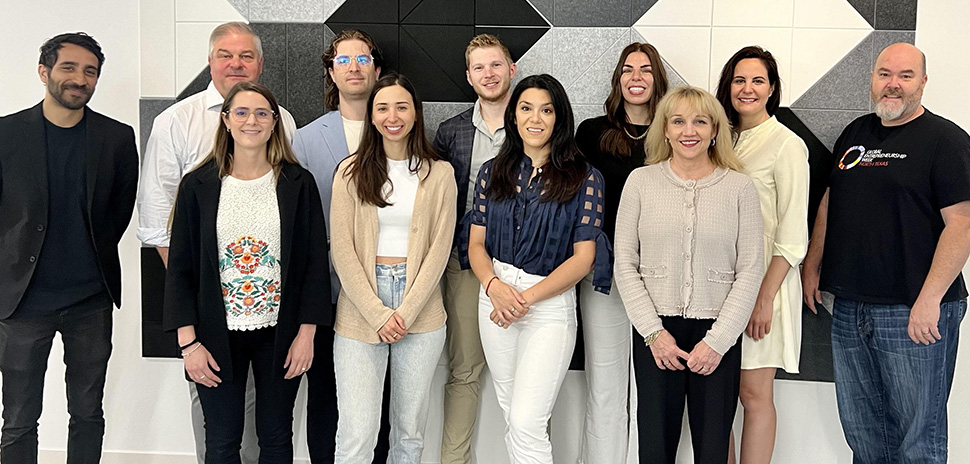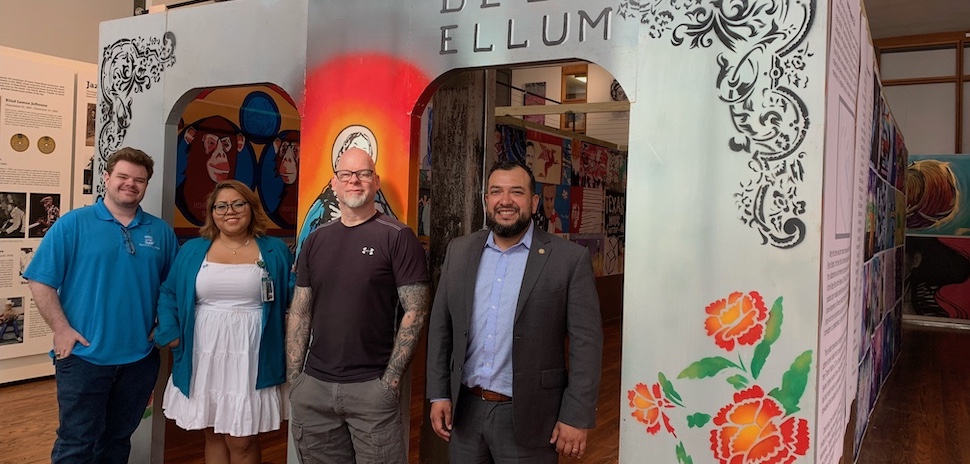MOLECULE HELPS DISRUPT THE GROWTH OF BREAST CANCER CELLS
A professor at the University of Texas at Dallas has designed a molecule that could benefit breast cancer patients for whom current treatments aren’t working anymore.
Jung-Mo Ahn, associate professor of chemistry and biochemistry at UT Dallas, along with his colleagues published a paper recently in the online journal eLife that describes how they designed the molecule and how it is effective in halting the progression of treatment-resistant breast cancer cells in isolation and in an animal model, according to UTD.
“Blocking these co-regulators is a new mode of action that could overcome treatment barriers.”
Jung-Mo Ahn
Their work involves women who have become resistant to estrogen-blocking therapy, which happens when estrogen receptors in breast cancer cells mutate and change shape, leaving no place that treatment drugs can attach, the university said.
“Upon estrogen binding, estrogen receptors interact with other proteins like co-regulators to stimulate cancer cell growth,” Ahn said in the release. “Blocking these co-regulators is a new mode of action that could overcome treatment barriers.
Ahn’s compound is called ERX-11, and the university said it significantly and selectively disrupted interactions of many co-regulators with estrogen receptors in breast cancer cells. That resulted in a halt to cancer proliferation and a rise in cancer cell death.
UTSW TEAM HELPING TO MAP ALL CELLS OF HUMAN BODY
The Peter O’Donnell Jr. Brain Institute at UT Southwestern Medical Center is involved in an ambitious international effort to map and characterize all the cells in the human body.
The work could help increase knowledge of how cellular changes can cause disease, according to UTSW.
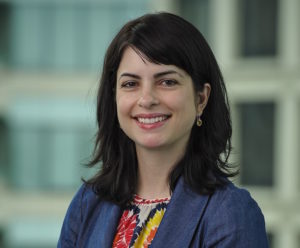
Genevieve Konopka
Neuroscientist Genevieve Konopka is leading the institute’s team that will look at which technologies are best for determining how genes are expressed in the brain, the release said.
It’s part of the Human Cell Atlas project, which involves select scientists from around the world to create comprehensive maps of all human cells so that researchers can better understand how healthy cells work and what goes wrong when people become ill.
Konopka’s team also will compare different brain-tissue conditions to determine the best way to collect data on gene expression.
“Our project could have a major impact on how we understand and ultimately treat brain disorders with complex genomic underpinnings such as autism and schizophrenia,” said Konopka, associate professor of neuroscience and the Jon Heighten Scholar in Autism Research at UTSW.
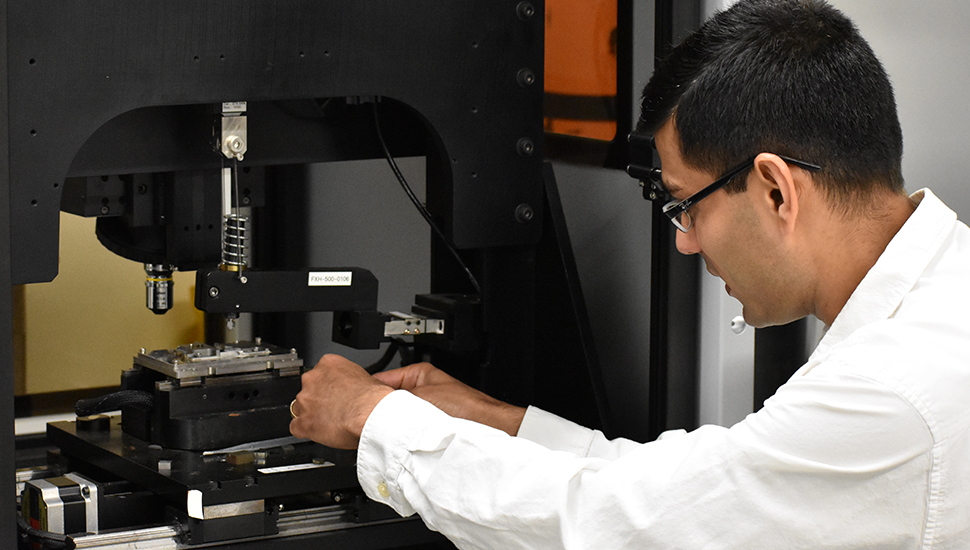
UNT professor Sundeep Mukherjee has formed a partnership with a professor in India to create the Indo-U.S. Joint Center for Development of Durable Advanced Materials for Bioimplants. Photo: UNT
RESEARCHERS WANT TO MAKE BIOIMPLANTS LAST LONGER
A professor at the University of North Texas is partnering with a colleague in India to help improve the longevity of bioimplants.
Sundeep Mukherjee, associate professor of materials science and engineering at UNT, is working with Harpreet Singh, a dean and professor at the Indian Institute of Technology.
“There are a lot of very pertinent issues surrounding bioimplants that need to be remedied.”
Sundeep Mukherjee
The pair received a grant from the Indo-US Science and Technology Forum — a nonprofit society that encourages and funds Indo-U.S. collaboration in science, technology, engineering, and biomedical research — and have formed the Indo-U.S. Joint Center for Development of Durable Advanced Materials for Bioimplants.
“There are a lot of very pertinent issues surrounding bioimplants that need to be remedied,” Mukherjee said in a release. “The body is a fairly aggressive environment, and you don’t want a patient to require implant replacement surgery every five years because the implant is failing.”
The two-year grant pays for travel for faculty and students between the U.S. and India, limited stays in each nation, and some of the supplies required to conduct their research.
![]()
Get on the list.
Sign up to keep your eye on what’s new and next in Dallas-Fort Worth, every day.
And, you’ll be the first to get the digital edition of our new Dallas Innovates magazine:
The annual edition publishes in January










